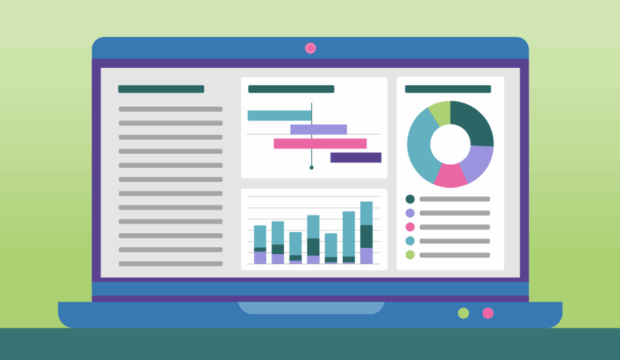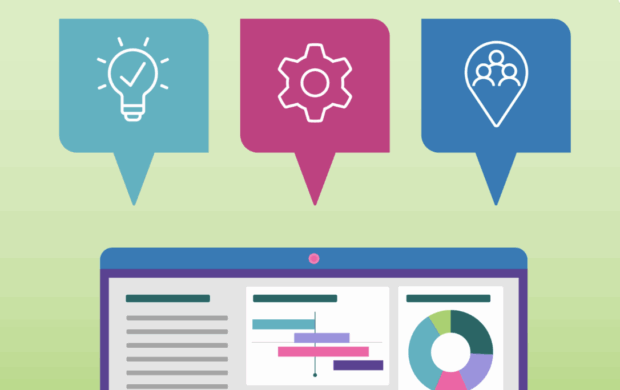
Faster and more efficient planning relies on open, accessible and trustworthy planning data. But data alone is not enough. Councils, planning applicants and the software providers supporting both in our planning system, need an agreed standard for how the information they exchange can be structured. This will help improve certainty for all parties and enable modern, digital systems to talk to each other and empower better decision making.
Data standards are emerging through the Digital Planning programme’s work with the data standards community. Significant progress has been made on planning application submissions, with draft specifications now at pilot stage and work is beginning on standardising how decisions are recorded. But how will these specifications work with core planning software systems used by local authorities? What will development management services look like once these standards are introduced? And what support might technology companies need to prepare for the transition and plan for wide customer rollout?
To answer these questions, we’re funding 5 pilot projects representing the main back-office planning systems used by local planning authorities across England to process planning applications.
The pilot partnerships
All projects are led by local planning authorities, who understand the importance of modernising digital planning services to better serve their communities, each paired with a key software supplier:
Dorset Council, working with DEF Leeds City Council, working with Idox London Borough of Hounslow, working with NEC London Borough of Redbridge, working with IEG4 Salford City Council, working with Arcus GlobalThese partnerships cover a range of locations and system types, to give us broad insight into how the standards will perform in different contexts. The Planning Portal is also participating in this work. Updates will be shared widely including with the with data standards community.
This work is critical to help the standards mature from design discussions to real life applications.
A phased approach

The 5 pilots have structured the work into 3 phases: analysis, testing and preparation for transition.
During the analysis phase, the aim is to assess the impact of proposed specifications on current technology and processes. As part of this, the project teams are working together to identify potential challenges and explore how these might be addressed in collaboration with the data standards community.
We want to make the entire planning application and permission process data rich through standardisation. We are identifying the minimum viable set of standards needed to create a data-rich ecosystem without disrupting existing processes.
In the testing phase suppliers and planning teams will see proposed changes materialise and build the evidence and knowledge needed that other Local Planning Authorities can learn from to upgrade their own planning software and IT systems in future.
The final phase of these projects, expected in early 2026, will see the projects consolidate these learnings so they can be made accessible to all. Software suppliers will also use what they’ve learned to plan support for their customer base.
Preparing for data standards adoption
The work we’re doing now is helping the industry prepare for changes needed to comply with emerging data standards due to be introduced by the Ministry of Housing, Communities and Local Government.
This work will make it easier for planning officers to access consistent, high-quality information, and for applicants and communities to see clearer, more transparent decisions. Over time, open and standardised data will support more modular, interoperable and responsive planning services.
Active participation by different parties in community discussions has made a significant contribution. When government and stakeholders work towards a common goal, it becomes far more achievable.
Get involved
Join the data standards community if you want to help shape the planning applications data specifications. You can sign up and find information, updates and relevant links about this work on the planning applications submissions project homepage.
Keep up to date with the Digital Planning programme by following the programme on LinkedIn and subscribing to the newsletter.
The Digital Planning team is conducting user research to improve planning and its associated industries. We need volunteers from across the planning and development sector, including developers, landowners, planning consultants, planning officers and technology suppliers. Register your interest to take part.